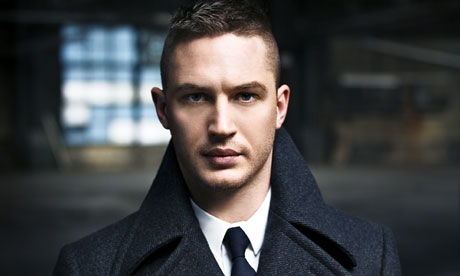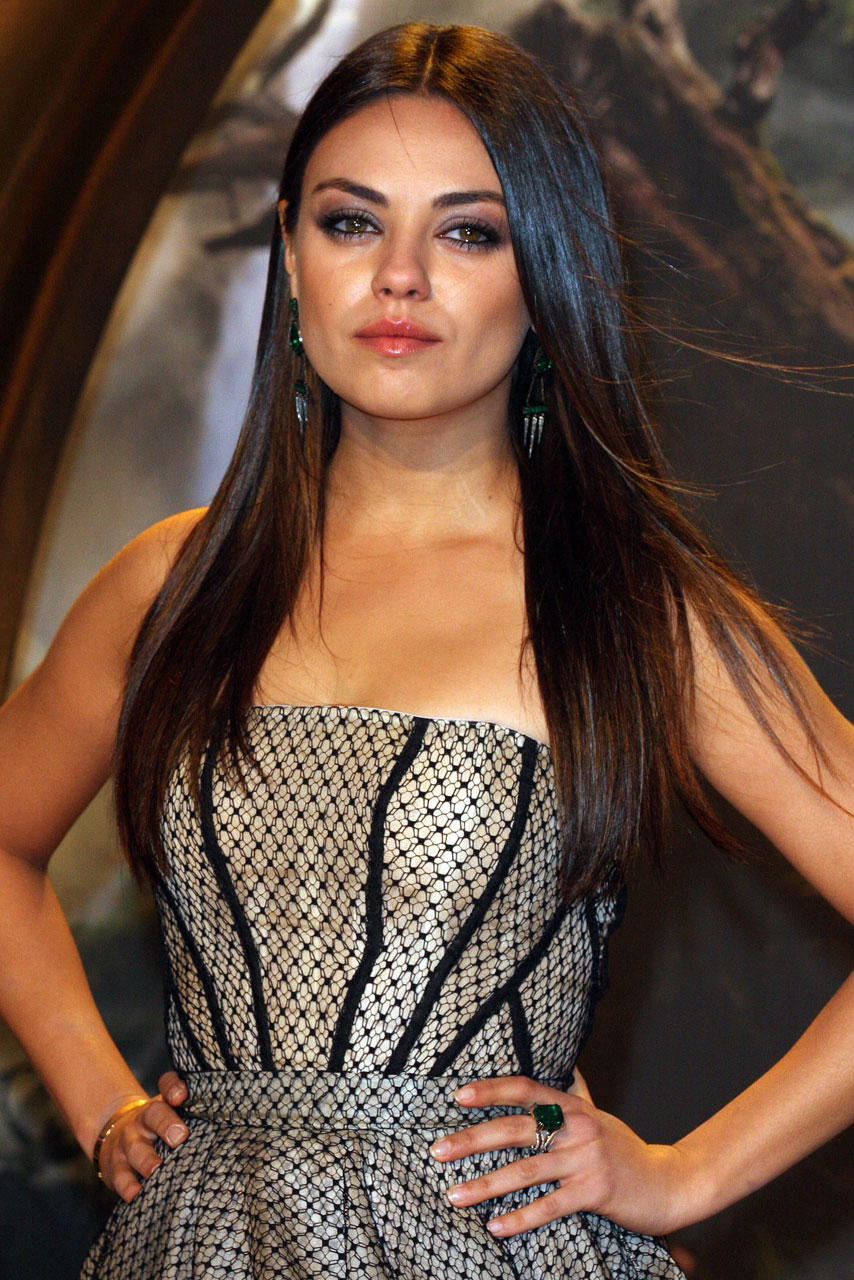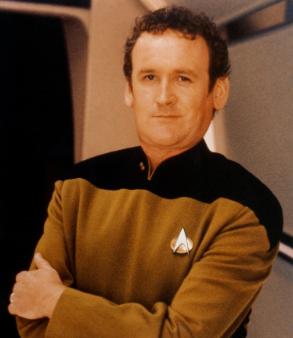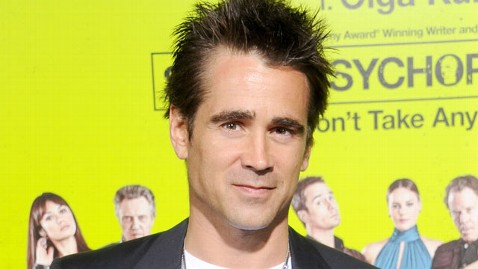Mock Squid Soup is a film appreciation society brought to you by people actually named (on the Internet)
Mock and
Squid. They are both deeply disturbed.
No, actually, all the characters in
Unbreakable are. As is director M. Night Shyamalan. As are the fairweather film fans who quickly thought he was completely untalented the moment he was no longer flavor of the month.
Let's start our discussion with Shyamalan! His popular career began with the surprise late-summer 1999 blockbuster
The Sixth Sense, which famously had a twist ending. Apparently if you have something like a twist ending with all your films (or, you know, have something like personal style) this is a sign of creative bankruptcy. If I sound flippant about it, it's because I never understood that. As far as I'm concerned, the man's a genius, easily
easily one of the best filmmakers of the past fifteen years
at least. I think part of the reason people cooled on him so quickly was because of Christopher Nolan's rise at around the same time. Shyamalan seemed to come out of nowhere (he didn't; actually, his first movie,
Wide Awake, is a charming family movie) whereas Nolan's career had a chance to build in increments, from the widely respected but cult-sized
Memento (although again, there was an earlier film:
Following) to blockbusters like
The Dark Knight and
Inception. Both are craftsmen who tend to focus on journeys where the intensity can be about emotion instead of bluster. But while Nolan's audience had a chance to build up, Shyamalan's only had the expectation of eventual disappointment.
A slight simplification, but that's my view.
His third major release,
The Village, may have been the movie where everyone took their later impression of him from, a movie that changes everything you thought you knew about the story without any real clues to prepare you. Strangely, he rebounded popularly with
Signs, but was never able to recover after that.
Lady in the Water is a terrific fable.
The Happening was never even given a chance, dismissed instantly as just more of his nonsense. I liked
The Last Airbender. I still have yet to see
After Earth.
Anyway, it isn't all Shyamalan worth considering about
Unbreakable. There's also Bruce Willis, who was also the star of
Sixth Sense. This was a period of career renaissance for Willis, where he could break away from his action persona for a change and find real success. His two collaborations with Shyamalan were the peak of this period, and for me personally his career highlights (others still swear by
Die Hard, although that's a franchise that has finally died. hard) aside from the inspired lunacy of
The Fifth Element.
There's also Samuel L. Jackson, who like Willis was turning a popular corner, and who
unlike Willis has continued to parlay this period to great success, possibly because he figured out how to keep it going. (Seriously, would anyone mind seeing a solo Nick Fury movie at this point, or does
Captain America: The Winter Soldier technically count?)
Both of them were in
Pulp Fiction, by the way. I think people tend to forget Willis was in that, but of course everyone remembers Jackson's scripture-quoting hitman. They should work together more often. (It didn't work out so well when Jackson reteamed with John Travolta in
Basic, although there's at least one scene totally worth watching for having them together again in it.)
Remember the kid from
Gladiator? He's in here, too. I think it was an odd choice for Shyamalan, because the kid kind of looks like Haley Joel Osment. Same general hairstyle. May have been an unconscious thing people held against the director.
Robin Wright! Who doesn't love Robin Wright? Her career is probably one of the least needy ones in Hollywood. It's always a pleasure to find her in a movie you're watching. You might consider giving
The Conspirator a shot if you're looking for something new.
Besides all that,
Unbreakable is also a superhero movie, and as a 2000 release (same year as
X-Men) just on the cusp of that actually being a very good thing. It's probably one of the reasons the public started liking them so easily. It's part of a holy trinity for me, along with
Hancock and
The Dark Knight, as the best superhero experiences yet featured on the big screen. Like
Hancock, it's a rare modern original effort, rather than an adaptation from comic books. Like
Dark Knight, it's a movie that takes superheroes completely seriously.
It's an absolute favorite of mine, featuring a number of absolute favorites behind and in front of the camera. For me, there's nothing but plenty to love.















